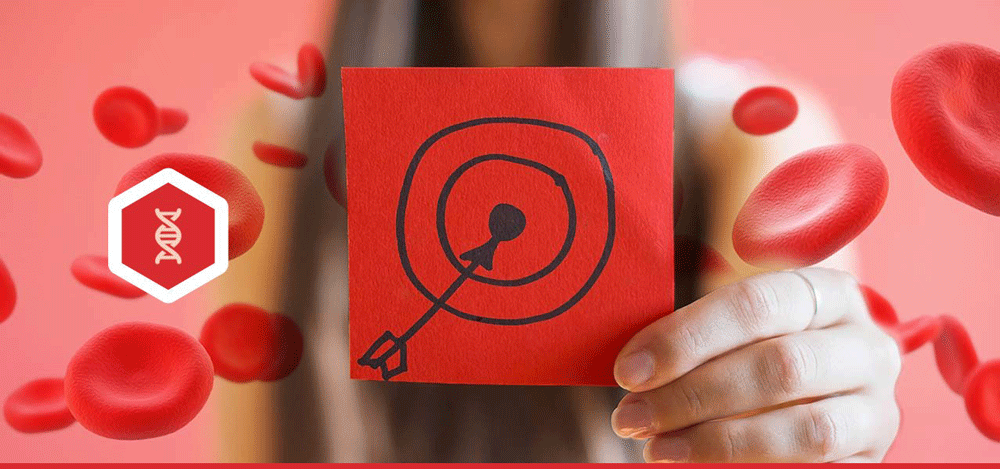
Blood cancers are far too common, comprising almost 10% of new cancer diagnoses each year in the U.S. Almost every 10 minutes, an American succumbs to a blood cancer. Unfortunately, many of these are children.
That's why the Weizmann Institute of Science’s researchers are conducting innovative studies and taking novel approaches to blood cancers. September is Blood Cancer Awareness Month, and we’d like to share with you some of Weizmann’s current investigations.
Using AI to predict leukemia, early and accurately. Dr. Liran Shlush harnessed the power of artificial intelligence, or AI, to identify – for the first time – “pre-leukemic” stem cells: mutants that will, at some point, divide and form cancerous cells. Dr. Shlush’s finding is so critical that Nature Medicine named it a notable advance in medicine. Next, he and his colleagues devised blood tests that could identify patients at risk for acute myeloid leukemia (AML) as many as eight years before diagnosis – and with virtually 100% accuracy. His ultimate goal: identifying a treatment to slow or prevent the disease.
An MD/PhD who specializes in hematology, Dr. Shlush was moved to study leukemia during a medical residency. “I continuously saw leukemia patients dying and I realized that leukemia treatment hadn’t changed much for the past 50 years, and we needed a transformation,” he says.
New technology to diagnose multiple myeloma. As Israel21C reports, Weizmann scientists created a “new technology that profiles the genetic makeup of cancerous cells, allowing for better diagnosis and treatment.” Prof. Amos Tanay, Prof. Ido Amit, and colleagues, including hemo-oncologists from Israeli hospitals, studied multiple myeloma (MM), the second-most-common type of blood cancer. Diagnosing myeloma is difficult, as current blood tests cannot identify early onset and indicate the appropriate treatment for a given patient.
Aiming to resolve this problem, the scientists used machine-learning techniques to devise a method that makes it possible to identify even a small number of malignant myeloma cells at a pre-cancerous stage. The team’s discovery could help MM patients receive earlier and more precise treatments, avoid relapses, and be monitored for recurrence using blood tests – far less painful than today’s bone marrow biopsies.
Targeting “sleeper cells” to prevent relapse. A major issue when trying to rid a body of cancer is that some cancer cells are “asleep” – and, thus, don’t respond to therapies such as chemo. These dormant cells can awaken, even years down the road, and grow into active cancers that can metastasize. Working with MM cells, Prof. Ido Amit and colleagues discovered the “signature” of the dormant cells. Now that they can look for this signature and find the cells, the scientists are increasing understanding of how dormant cells control relapse and metastasis in MM and other cancers. The researchers’ insights could help them develop therapies that destroy cancerous cells while they are still asleep, thereby preventing cancer relapse.
While these blood-cancer projects are ongoing today in Weizmann labs, one of the most important breakthroughs in this field – cancer immunotherapy – began in the 1980s when Prof. Zelig Eshhar developed CAR T cells: genetically modified immune cells that weaponize the patient’s own immune system to fight disease. American researchers built on his research, and around 2016, the therapy began causing astonishing remission in seriously ill leukemia patients; in fact, most are still cancer-free. The Weizmann-born CAR T-cells made history as the first gene therapy approved by the FDA; today known as Kymirah®, it and a second FDA-approved therapy, Yescarta®, are transforming the future for leukemia patients worldwide.
In recognition of Blood Cancer Awareness Month, please support the Weizmann Institute’s dedicated scientists as they continue their groundbreaking, life-changing work.
